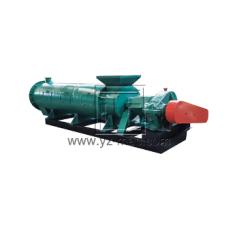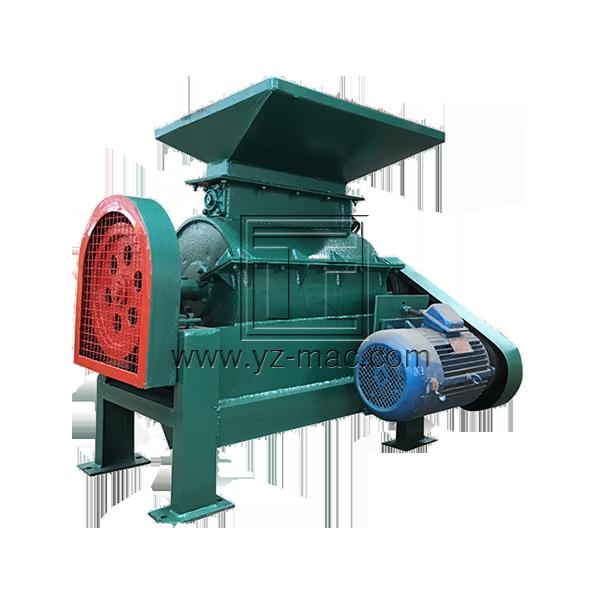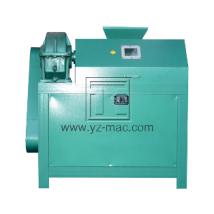Commercial composting process
Transforming Organic Waste into Valuable Resources
Introduction:
The commercial composting process is a crucial component of sustainable waste management. This efficient and environmentally friendly method converts organic waste into nutrient-rich compost, offering a multitude of benefits. In this article, we will delve into the commercial composting process and explore its significance in transforming organic waste into valuable resources.
1.Waste Sorting and Preprocessing:
The commercial composting process begins with waste sorting and preprocessing. Organic waste, such as food scraps, yard trimmings, and agricultural residues, is separated from non-compostable materials like plastics or metals. This initial step ensures that only suitable organic materials are processed, improving the efficiency of the composting process.
2.Shredding and Particle Size Reduction:
To enhance the composting process, the organic waste is often shredded or mechanically reduced into smaller particle sizes. Shredding increases the surface area of the waste, promoting faster decomposition and better microbial activity during composting. Smaller particle sizes also help maintain proper aeration and moisture levels within the compost pile.
3.Composting Pile Formation:
The shredded organic waste is then arranged in composting piles or windrows. These piles are carefully constructed, taking into account factors such as pile height, width, and porosity to ensure proper airflow and moisture distribution. Some commercial composting systems utilize mechanical turning equipment to regularly aerate and mix the compost piles, enhancing decomposition and preventing the formation of anaerobic conditions.
4.Decomposition and Microbial Activity:
During the composting process, naturally occurring microorganisms, including bacteria, fungi, and actinomycetes, break down the organic waste. These microorganisms consume the carbon-rich organic matter, converting it into stable compost while releasing carbon dioxide, heat, and water vapor as byproducts. The composting process requires the right balance of oxygen, moisture, and temperature to sustain optimal microbial activity.
5.Monitoring and Adjusting Conditions:
Monitoring the composting process is crucial to ensure the conditions remain favorable for decomposition. Parameters such as temperature, moisture content, and oxygen levels are regularly monitored and adjusted if necessary. Maintaining the ideal conditions promotes efficient decomposition and minimizes the risk of odor generation and the growth of pathogens or weed seeds.
6.Maturation and Curing:
Once the composting process is complete, the compost undergoes a maturation and curing period. During this phase, the compost is allowed to stabilize further, reducing any remaining pathogens or potential phytotoxicity. Proper curing ensures the compost is fully matured and ready for use in various applications.
Conclusion:
The commercial composting process offers an efficient and sustainable solution for managing organic waste. By carefully sorting, preprocessing, and composting organic materials, this process converts waste into valuable compost. Through monitoring and adjusting conditions, the composting process can be optimized to produce high-quality compost that improves soil health, conserves resources, and promotes sustainable practices in agriculture, horticulture, and landscaping. The commercial composting process plays a vital role in transforming organic waste into valuable resources, contributing to a greener and more sustainable future.






